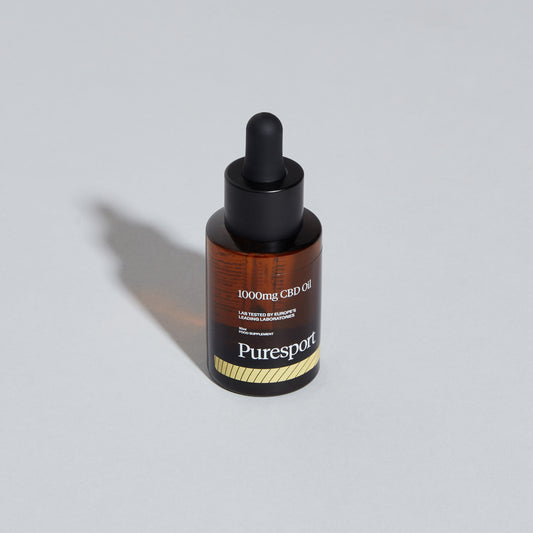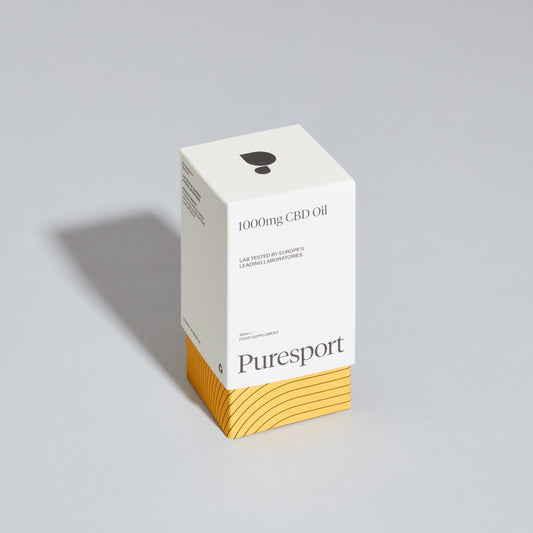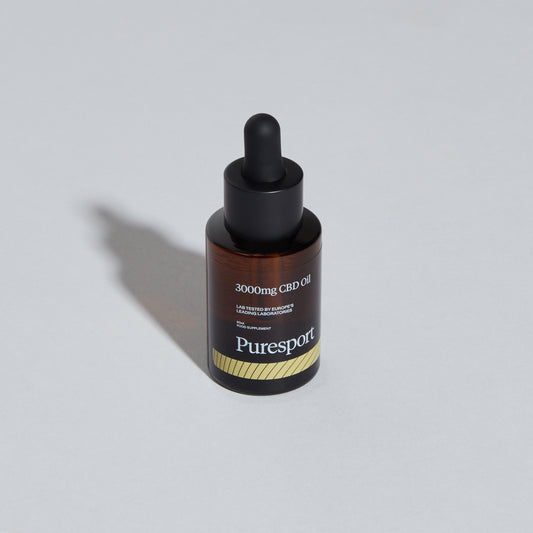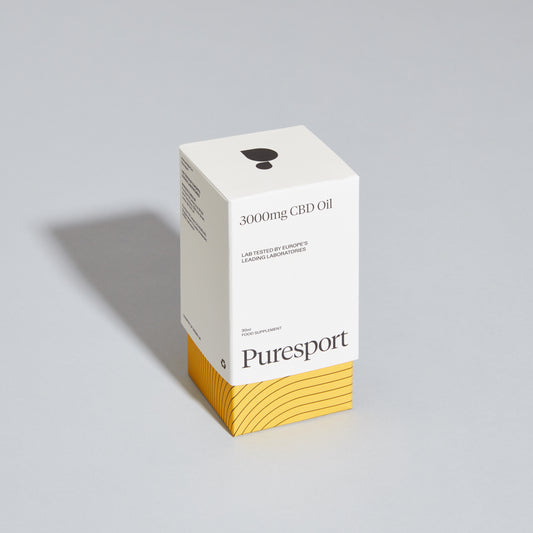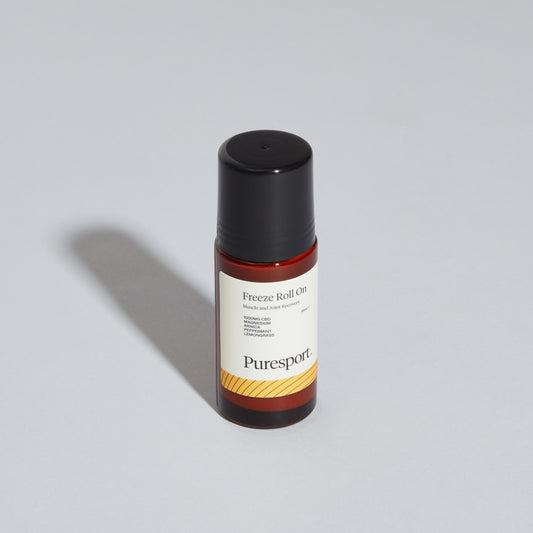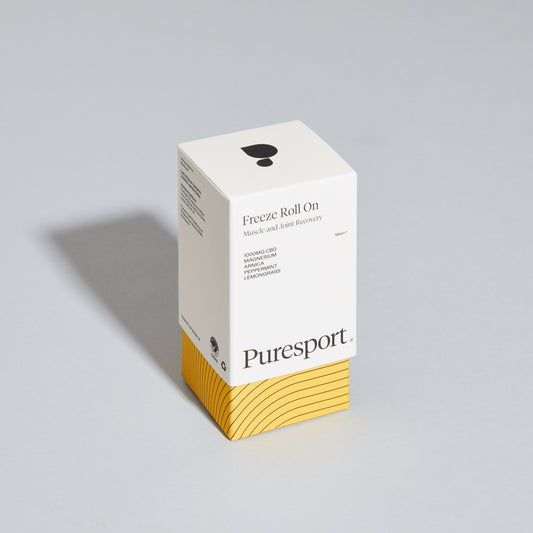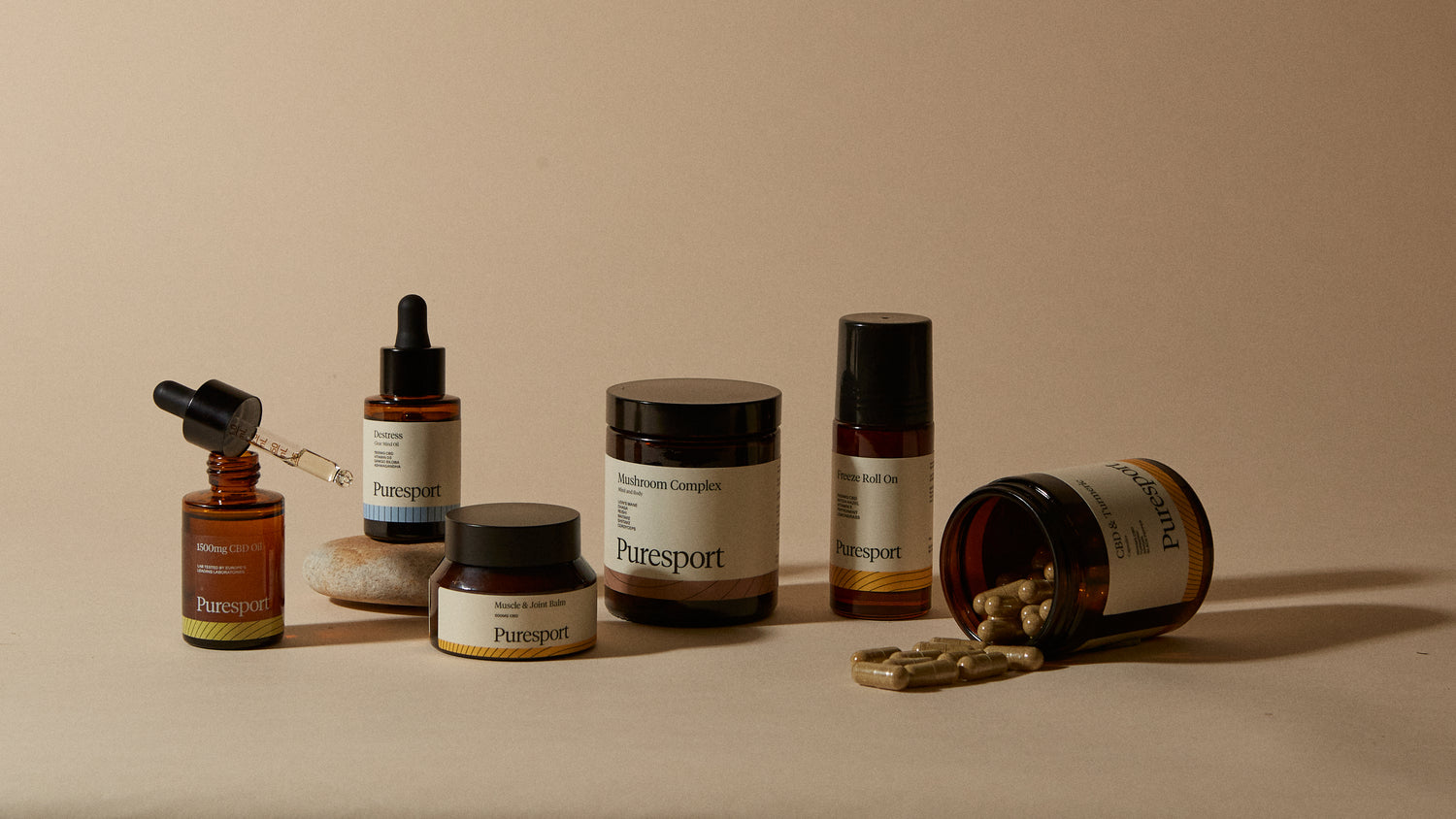THC is the main psychoactive ingredient in the cannabis plant, meaning that it’s the one that gets you high. This substance is closely related to many chemicals that can already be found in the human body, which are known as cannabinoids. These chemicals bind to receptors in the brain, and these receptors are responsible for a range of feelings.
For example, some receptors are linked to memory, pleasure, thinking, your perception of time, and coordination. When THC attaches itself to these receptors, these different areas will be affected, which is the reason why using cannabis will end up getting the user high.
In most cases, the effects of cannabis will impact the user within one minute of consumption if smoked or vaporised, though effects may start taking place up to 30 minutes later. Effects can last up to two hours, though this varies based on the individual’s tolerance and amount consumed.


